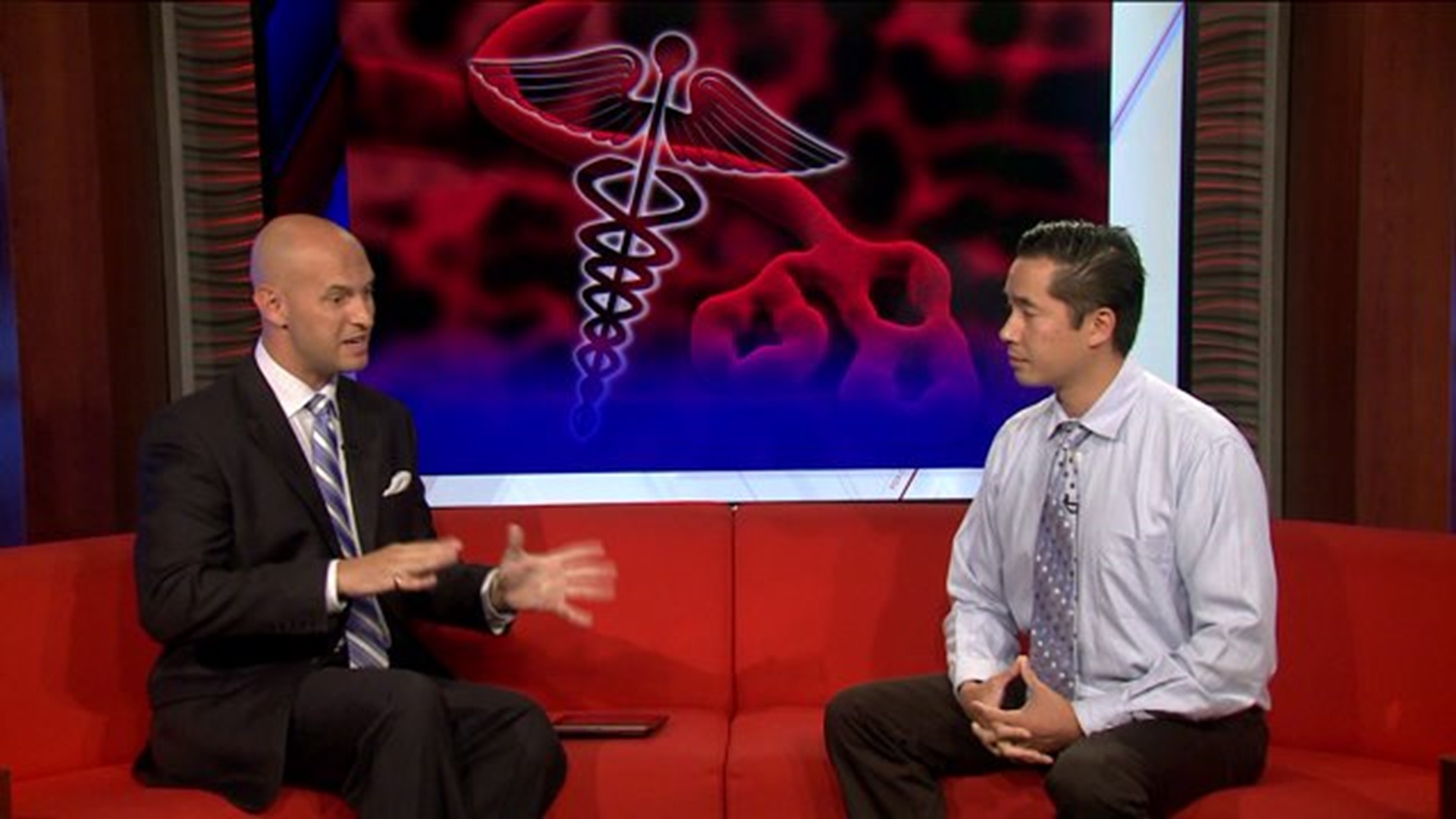Ulysses S. Wu, M.D.
St. Francis Hospital
From the Connecticut Hospital Association:
EBOLA VIRUS KEY MESSAGES
- Connecticut hospitals are actively monitoring the Ebola virus situation and are prepared to detect and care for any presumed or diagnosed patient infected with the Ebola virus.
- Hospitals prepare for all types of emergencies. Every hospital has plans, supplies, and equipment to detect and care for patients with infectious diseases, and hospitals have routine drills to address situations such as infectious disease outbreaks. Connecticut hospitals have used the same system for H1NI influenza, the measles outbreak last year, and severe acute respiratory syndrome (SARS) a few years ago, and in those situations, Connecticut was able to contain the outbreak to minimal impact.
- Hospitals have been preparing for Ebola virus for the past few months. These preparations have included reviews of policies and procedures, actively communicating with and training staff, and using exercises, simulations, and test cases that have allowed hospitals to probe for any weaknesses.
- Hospitals have put in place screening tools for all patients who may be at risk for Ebola virus, including asking about travel history, checking for fever or other symptoms, and asking about possible exposure to any Ebola patients. This screening will not slow down care for patients who come to the hospital with an emergent situation such as a heart attack, stroke, trauma, or other such diagnoses.
- Patients should continue to come to the hospital and to their doctors’ offices to seek care without fear of being exposed to Ebola virus.
- Families and visitors should continue to come to the hospital without fear of being exposed to Ebola virus.
- A patient who has any possibility of exposure to Ebola virus will be separated from other patients while the patient is being evaluated. That will require the patient to be separated from friends and family until the possibility of Ebola exposure or illness is eliminated.
- To keep staff safe, hospitals require staff to don protective gear while they are evaluating any patient who has a possible infection. Protective gear includes, but may not be limited to, masks, face shields, protective gowns or protective suits, and gloves.
- Multiple organizations have been keeping hospitals informed of the latest guidance about Ebola virus. This includes but is not limited to the Centers for Disease Control and Prevention (CDC), the Connecticut Department of Public Health, the Connecticut Hospital Association, , the American Hospital Association, , and the U.S. Department of Health and Human Services. Websites for Ebola information pages follow:
- Hospitals have completed checklists to ensure that preparations are in place for diagnosing, treating, and containing Ebola virus infections. Checklists are a hallmark of high reliability. Hospitals have also drilled for the possibility of Ebola-infected patients showing up in the Emergency Department or at other hospital locations.
- If a patient thinks he or she may have exposure to Ebola virus, the patient should tell all healthcare workers with whom they come in contact. This includes EMS/paramedics or ambulance workers; triage personnel in the Emergency Department, pre-operative area, labor and delivery, and ambulatory surgery areas; healthcare workers in any outpatient practice; and healthcare workers in other areas such as radiology and laboratory outpatient areas.
- Hospitals continue to monitor developments and review and update infection control policies and procedures to incorporate new information and ensure they are consistent with local, state, and federal guidance or requirements.

